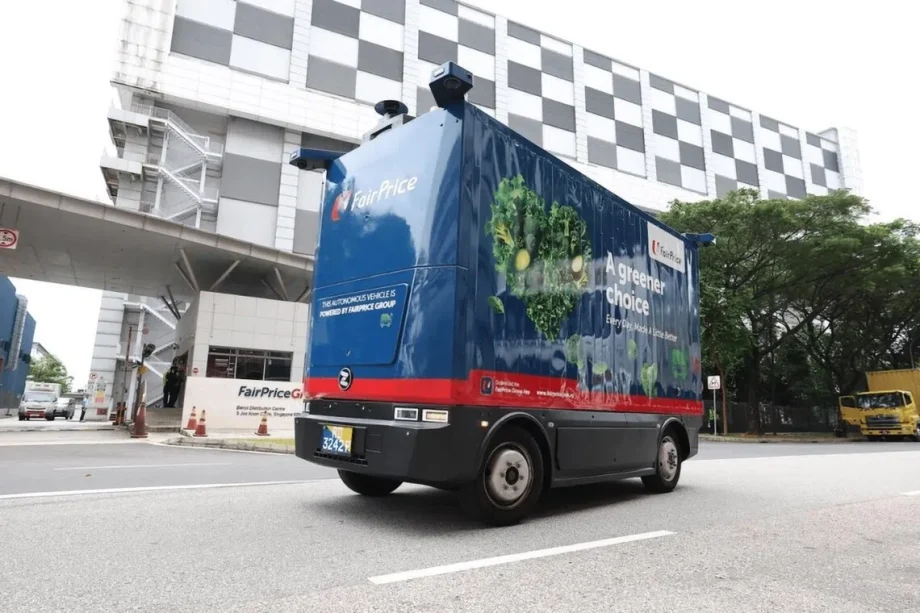The FairPrice Group, which operates the FairPrice supermarket chain, has received the green light to use autonomous vehicles (AVs) to transport goods on public roads without an accompanying safety vehicle.
This marks the first time the Land Transport Authority (LTA) has approved the use of remotely supervised AVs on public roads for supply chain operations.
In a statement on Oct 8, the FairPrice Group said it had partnered with autonomous driving technology company Zelos to begin trials in October 2024. They secured LTA’s approval to transition to remote operations in April.
The Zelos Z10 will be used to move goods within and between the FairPrice Group’s distribution centres in Benoi and Joo Koon, which are slightly under 2km apart. The group is now conducting trials on a longer route between the two distribution centres and a third centre in Sunview Road about 5.5km away. It has been running daytime trials on public roads, accompanied by a safety vehicle, since August.
In an agreement signed on Oct 7, the FairPrice Group and Zelos agreed to add nearly 30 Zelos AVs to the group’s fleet. The supermarket operator currently has one AV, and will get two more by the end of October.
The Zelos Z10 is the first fully driverless AV designed for the logistics sector, with a load capacity of up to 1.5 tonnes and a range of up to 210km. It will be used to transport palletised stocks such as fruits and vegetables that can be stored safely at room temperature, packaged products and other essentials, the FairPrice Group said.
The approved route uses smaller roads, passing through industrial and commercial areas.







